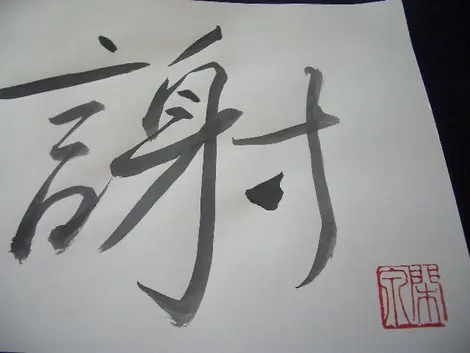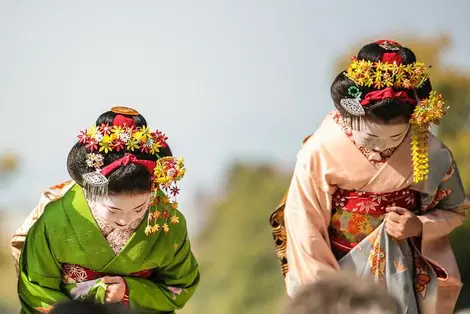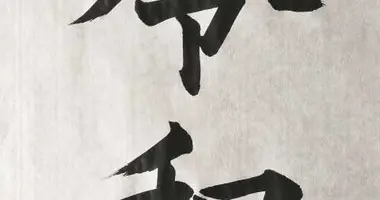How to say thank you in Japanese 有難い気持ちを伝える
- Published on : 26/04/2020
- by : A.L.
- Youtube
Thank You in Japanese: Things to Know Before You Go to Japan!
The famous Arigatô gozaimasu is not the only way to say thank you in Japanese. Let's take a look at some expressions that can express your gratitude in Japanese.
Japanese say thank you with words but also with gestures: you can thus accompany each of the following expressions with a slight bow (forward movement of the head). Bending of the torso to approximately 30 ° will be a higher level of appreciation or politeness.
The classic thank you
Arigatô gozaimasu (あ り が と う ご ざ い ま す) is the classic expression to say thank you found in the textbooks. If there is only one to remember, choose this one, or one of its many variations. If you have difficulty with pronunciation, you can only use arigatô.
Arigatô is a fairly casual way of thanking someone, but as a foreigner, you will be forgiven!
Read also: Honne and tatemae, human relations in Japan
You can also use the past tense form, arigatô gozaimashita. When saying goodbye, don't forget to reiterate your appreciation: you can never overuse the phrase "arigato gozaimashita" in Japan!
"Thank you" in simplicity
Dômo (ど う も) is the easiest and shortest expression to say thank you. Remember to lengthen the first vowel, pronounce it this way: "do-omo". It often goes hand in hand with dôzo (ど う ぞ) or please do so. You can therefore safely reply dômo if the person you are addressing, has started his sentence with "dôzo".
You can also combine the two expressions in a "dômo arigatô" or, aiming at a high level of politeness, "dômo arigatô gozaimasu".
Saying thank you with humility
If you have some basic knowledge of Japanese, sumimasen (す み ま せ ん) means "excuse me". Note that sumimasen can also mean "thank you" depending on the situation. Compared to arigatô, this expression conveys a feeling of embarrassment, of humility concerning the message. For example, if you drop your transport card and a person picks it up for you, you can tell them sumimasen: expressing gratitude but also a sense of embarrassment of the mishap.
Expressing gratitude
When you are in debt of one's assistance, you can use the phrase "osewa ni narimashita" (お 世 話 に な り ま し た) to say thank you. Means: "thank you for taking care of me or us". It is frequently used in business settings, for example, to thank working partners. When traveling, you can use it at ryokan and hotels at the time of check out, or even a stranger on the street who helped with directions.
Extreme politeness
Here is an expression that you can use in the most formal circumstances, the expression "kansha shite-orimasu" (感謝 し て お り ま す) is the highest term of appreciation. Kansha suru (感謝 す る) is a verb meaning "to thank"; "shite-orimasu" being the humble form of "sure". To be expressed when thanking people of high stature. Be sure to use these phrases in the correct social context as speaking in extreme politeness can be inappropriate at times, appearing cold and distant.

















